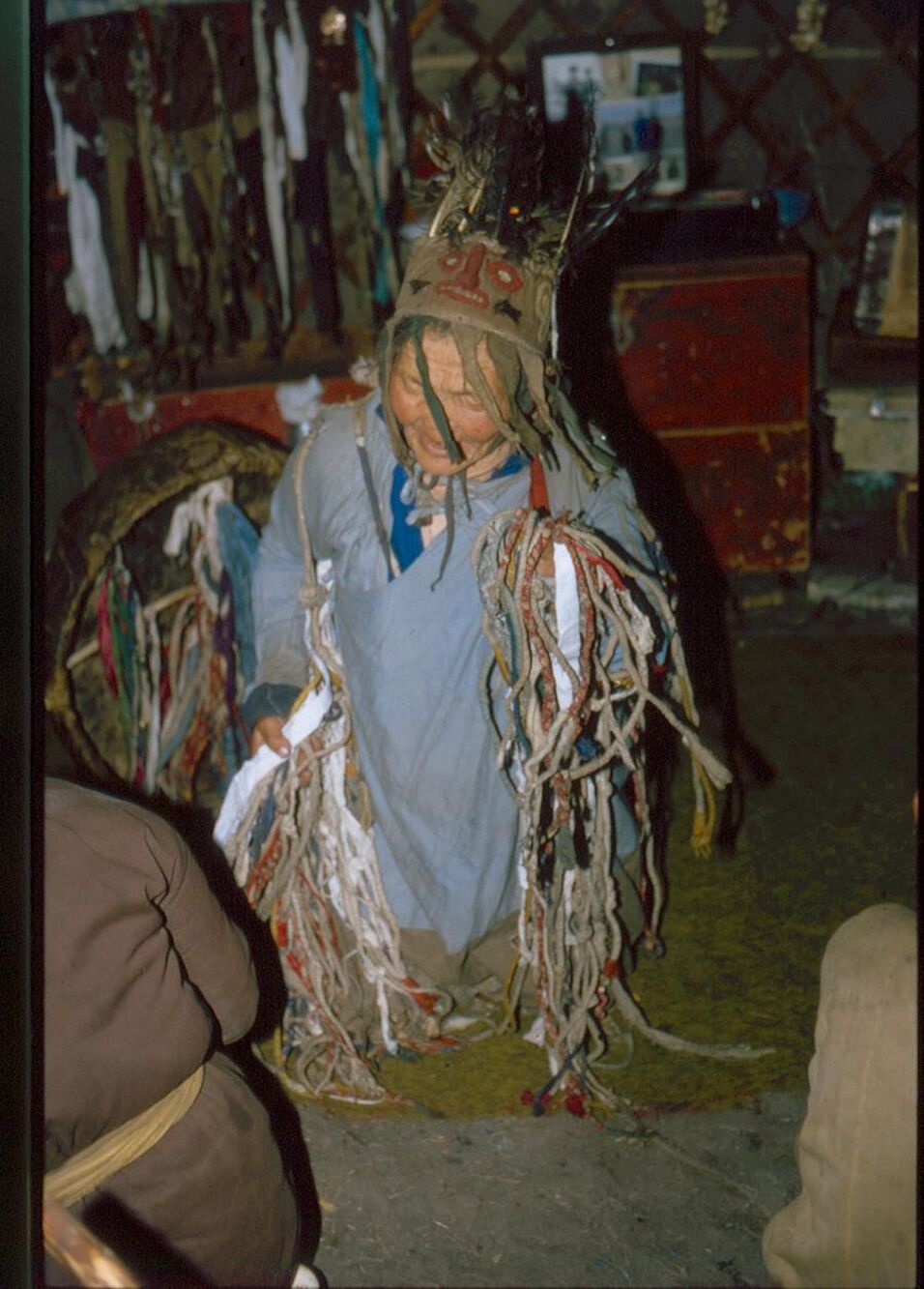The topic of the present paper is based on the fieldwork carried out among Mongolian (Darkhat and Oirat) shamans after the political turn, during the nineties. That period is highly interesting, as the shamans who became able to practice their activity without restraint, have preserved their old traditions kept secretly during the socialist era. In my previoius studies I have dealt with the shamans’ ritual practice (including such activities as the scapulimancy, averting bad-luck, pacifying angry spirits, etc.), the spirits’ pantheon and the ways of non-verbal and verbal communications with spirits (first of all with the protector ongons).
The corpus I am going to analyse now consists of shamanic narratives, ritual songs and evaluating utterances of the members of shamans’ community. I am going to demonstrate, among others, the influence of Buddhist terminology on shamanic language usage, the presence of honorific and degrading vocabulary in the shamans’ narratives and ritual songs, and the specifics of “women language” in shamanic self-narratives.

